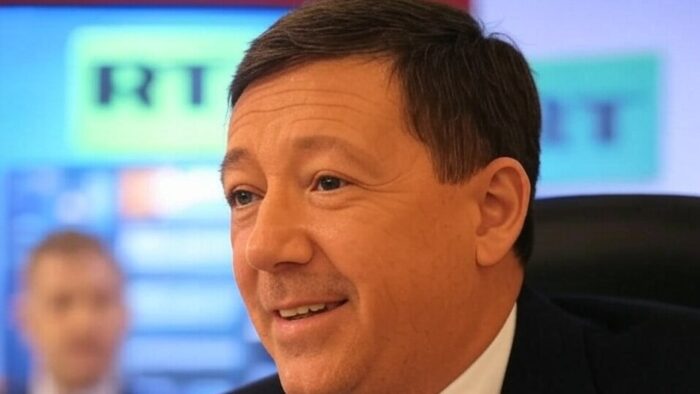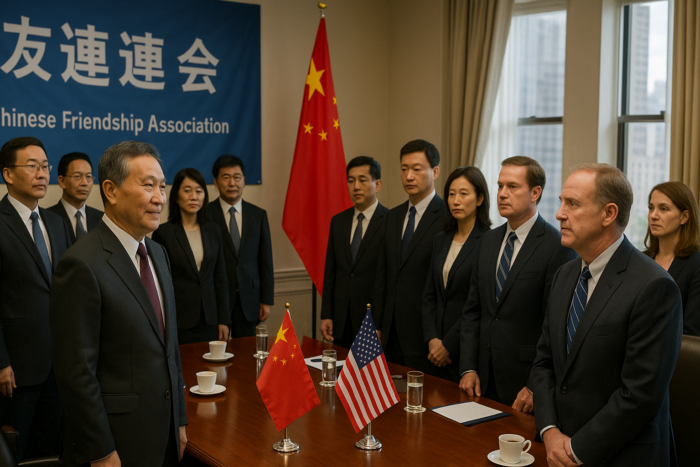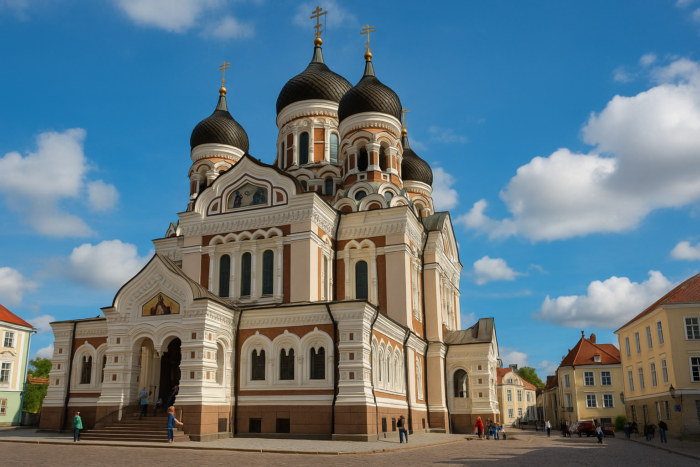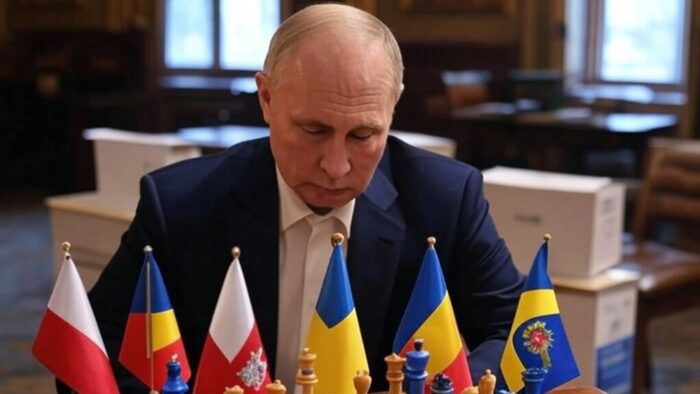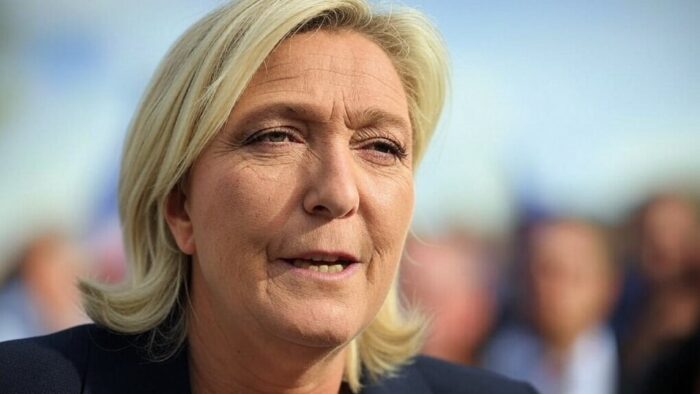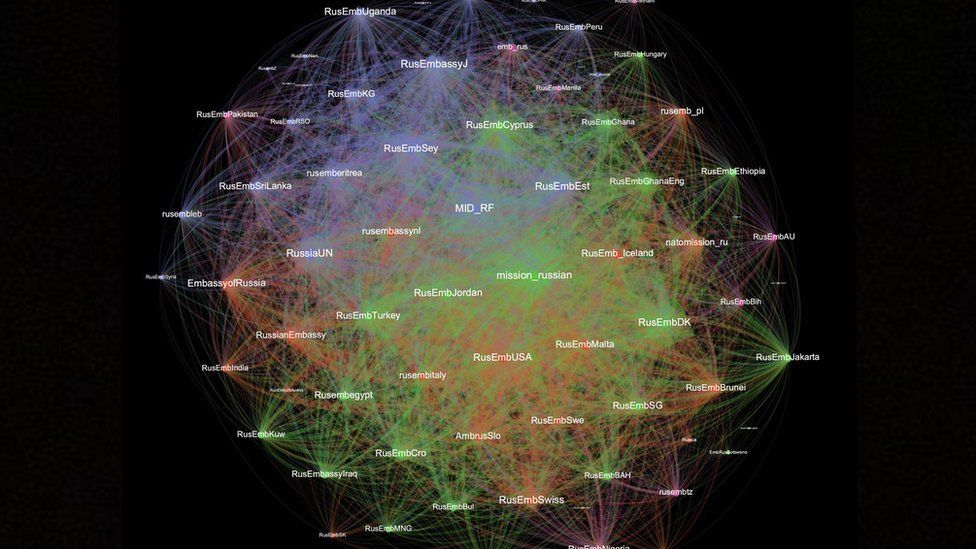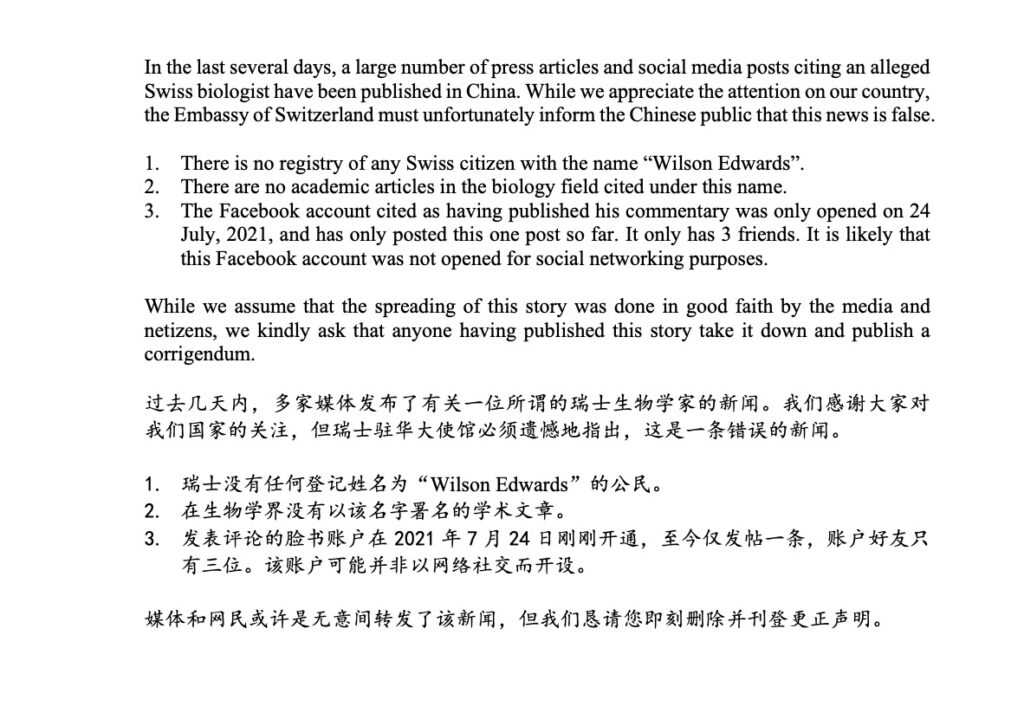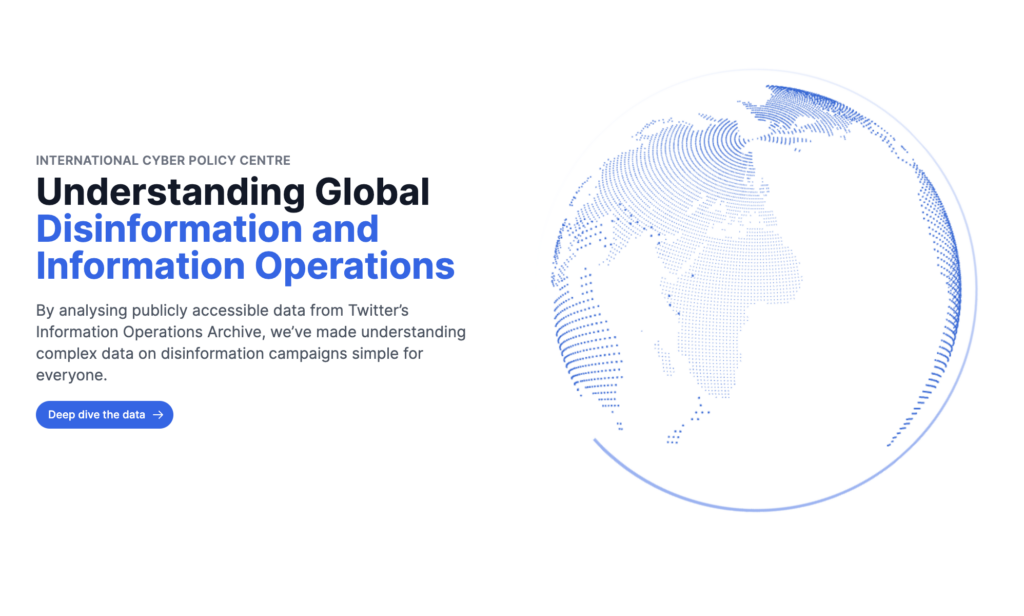UK media is reporting that Russian embassies and consulates around the world are using Facebook, Twitter, and other platforms prolifically to deflect blame for atrocities committed by the Russian army in Ukraine. According to a report by The Independent, the Russian embassies in the UK and Mexico are especially active in churning out such propaganda and disinformation:
April 20, 2022 With hundreds of social media accounts on every continent, Russia’s diplomatic corps acts as a global network for propaganda, in which the same claims can be recycled and tweaked for different audiences in different nations. And, so far, steps to substantially curtail that effort have fallen short. […] Some Russian embassies, like ones in the U.K. and Mexico, for example, are especially active, churning out pro-Russian propaganda and spreading falsehoods intended to support the invasion. The Russian missile attack on a Ukrainian rail station that killed 50? Ukrainians were behind it, the Russian Embassy in the U.K. tweeted. Talk of Russian war crimes? It’s a plot by Britain to make Russia look bad, the embassy claimed. Those Ukrainian soldiers fighting for their country? They’re actually Nazis operating under U.S. orders, the embassy alleged. The Russian Embassy in London tweeted out those and other conspiracy theories all on one day last week. Each post received hundreds or thousands of retweets, comments and likes, including dozens from other Twitter users pushing back on the propaganda.
Read the rest here.
According to a report by The Times, the Russian embassy in Ireland has published a variety of false stories on subjects ranging from the bombing of a maternity hospital in Mariupol to the murder of civilians around Bucha:
April 6, 2022 The Russian embassy in Dublin is being used to spread disinformation to undermine coverage that exposes apparent war crimes committed by its armed forces in Ukraine. The official Twitter and Facebook pages run by the embassy have published a variety of false stories on subjects ranging from the bombing of a maternity hospital in Mariupol to the murder of civilians around Bucha, a city to the northwest of Kyiv, the Ukrainian capital. In a video shared on Twitter, it described the circulation of images of murdered civilians in Bucha as another provocation and a hoax. The video accused the Ukrainian military of “cracking down” on its own citizens suspected of collaborating with the Russian military.
Read the rest here.
German media reported recently that the Russian embassy in Berlin’s Facebook account is one of several accounts spreading disinformation without any consequences:
April 8, 2022 The Russian embassy’s Facebook page is just one of many accounts that spread disinformation relatively unmolested — since the beginning of the war of aggression, the reach of other relevant pages has also increased, according to analyzes by NDR, WDR and SZ. “The West is the real aggressor,” says a video on another site that has been viewed about half a million times. “Russia is not at war” in another that has been viewed 200,000 times. There are also videos from the propaganda channel “Russia Today”, which was actually banned from Facebook. Uploaded from private accounts, they are sometimes viewed hundreds of thousands of times — without warning of incorrect information. [Translated with Google Translate]
Read the rest here.
Another report by Politico cites EU officials saying that the level of disinformation now being shared by Moscow’s official social media accounts represents a “paradigm shift in how Russia pushes its false narratives.” According to the report, Russia now borrows heavily from China’s so-called “wolf-warrior” diplomacy:
April 7, 2022 In many ways, Moscow now borrows heavily from Beijing’s own foreign policy playbook, which has relied on so-called wolf warrior Western-aimed social media accounts from Chinese diplomats to spread its messaging around the world. These officials quickly jump on any perceived slight against China, as well as promote often false messaging about the country’s actions around the world. The switch has been swift and dramatic, coinciding with EU sanctions against RT and Sputnik, as well social media companies’ decisions to limit how these state-backed media outlets can share their content online. With the end of the war in Ukraine unclear — and Russia’s isolation on the world stage likely to remain — Western officials said this new use of diplomatic accounts to aggressively push disinformation would likely become the new normal.
Read the rest here.
The Global Influence Operations Report reported last month that official Russian government accounts are exploiting a Twitter loophole to spread disinformation through a coordinated retweet network, although coordinated activity is against Twitter’s rules. We have also reported that there has been a clear overlap between pro-Russian propaganda and genuine Chinese officials amplifying it on Twitter.
